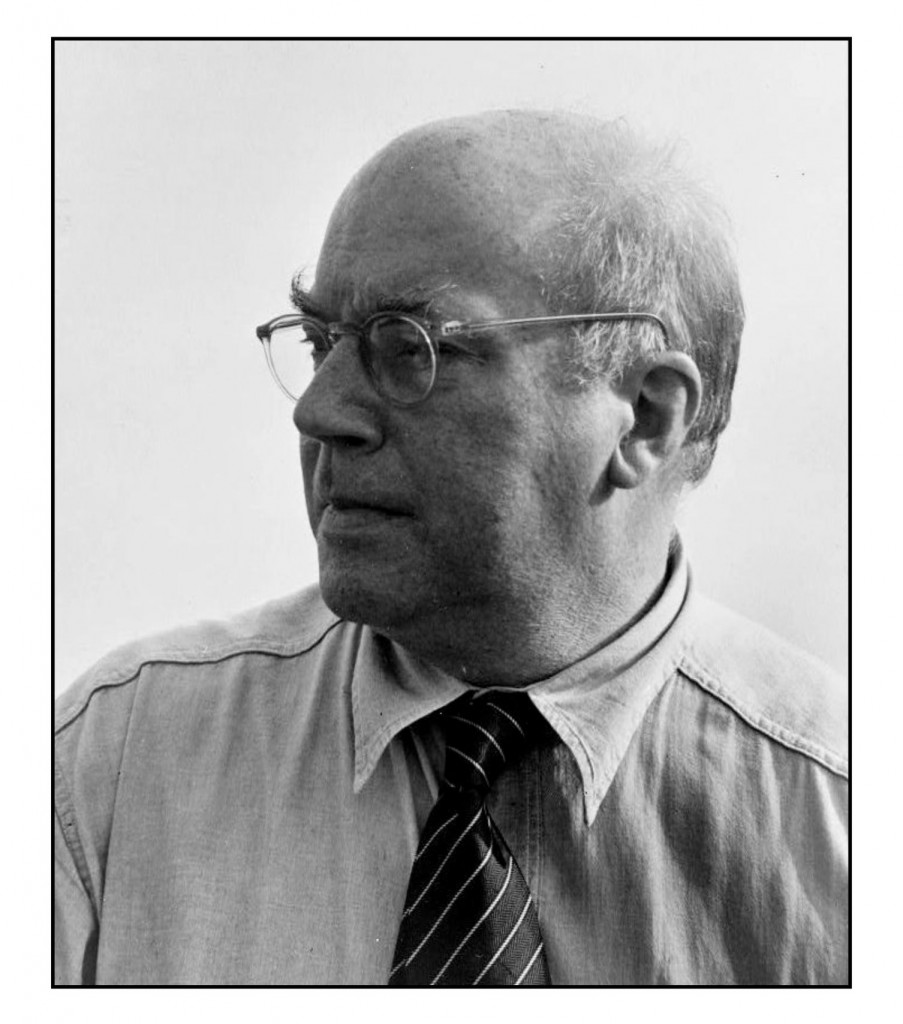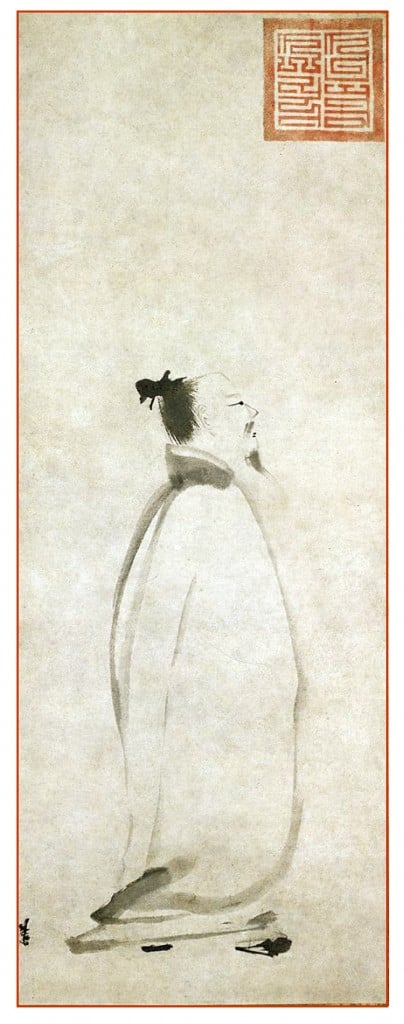The poet Conrad Aiken was born in 1889 in Savannah, Georgia. When Aiken was 11 years old, his father, a respected surgeon, shot his wife and then committed suicide. Trying to distance himself from the experience in the third person, Conrad later recounted his discovery of the bodies:
[A]fter the desultory early morning quarrel, came the half stifled scream, and then the sound of his father’s voice counting three, and the two loud pistol-shots; and he had tiptoed into the dark room, where the two bodies lay motionless and apart, and, finding them dead, found himself possessed of them forever. (Aiken, 1952, p 302).
Aiken was taken into the care of his aunt, Jane Delano Kempton, in New Bedford, Massachusetts, and later lived with an uncle, William Tillinghast, a college librarian at Harvard. After graduating from Middlesex Preparatory School in Concord, Aiken was admitted to Harvard University in 1907, where he became a friend of T. S. Eliot.
 After leaving Harvard in 1912, Aiken decided to devote his life to poetry. Though much more prolific than Eliot, Aiken never achieved his colleague’s popularity. Many of Aiken’s poems are long and discursive. They might perhaps have benefited from an editor like Ezra Pound, who was so effective in separating out the gold in Eliot’s verse (Eliot, 1922/1971). Aiken published more than 30 volumes of poetry, several novels, many short stories and two autobiographical memoirs. Despite receiving the Pulitzer Prize for poetry, and serving as the Consultant in Poetry for the Library of Congress, Aiken became “one of the country’s best-known and least-read poets and men of letters” (Butscher, 1988, p xvii).
After leaving Harvard in 1912, Aiken decided to devote his life to poetry. Though much more prolific than Eliot, Aiken never achieved his colleague’s popularity. Many of Aiken’s poems are long and discursive. They might perhaps have benefited from an editor like Ezra Pound, who was so effective in separating out the gold in Eliot’s verse (Eliot, 1922/1971). Aiken published more than 30 volumes of poetry, several novels, many short stories and two autobiographical memoirs. Despite receiving the Pulitzer Prize for poetry, and serving as the Consultant in Poetry for the Library of Congress, Aiken became “one of the country’s best-known and least-read poets and men of letters” (Butscher, 1988, p xvii).



